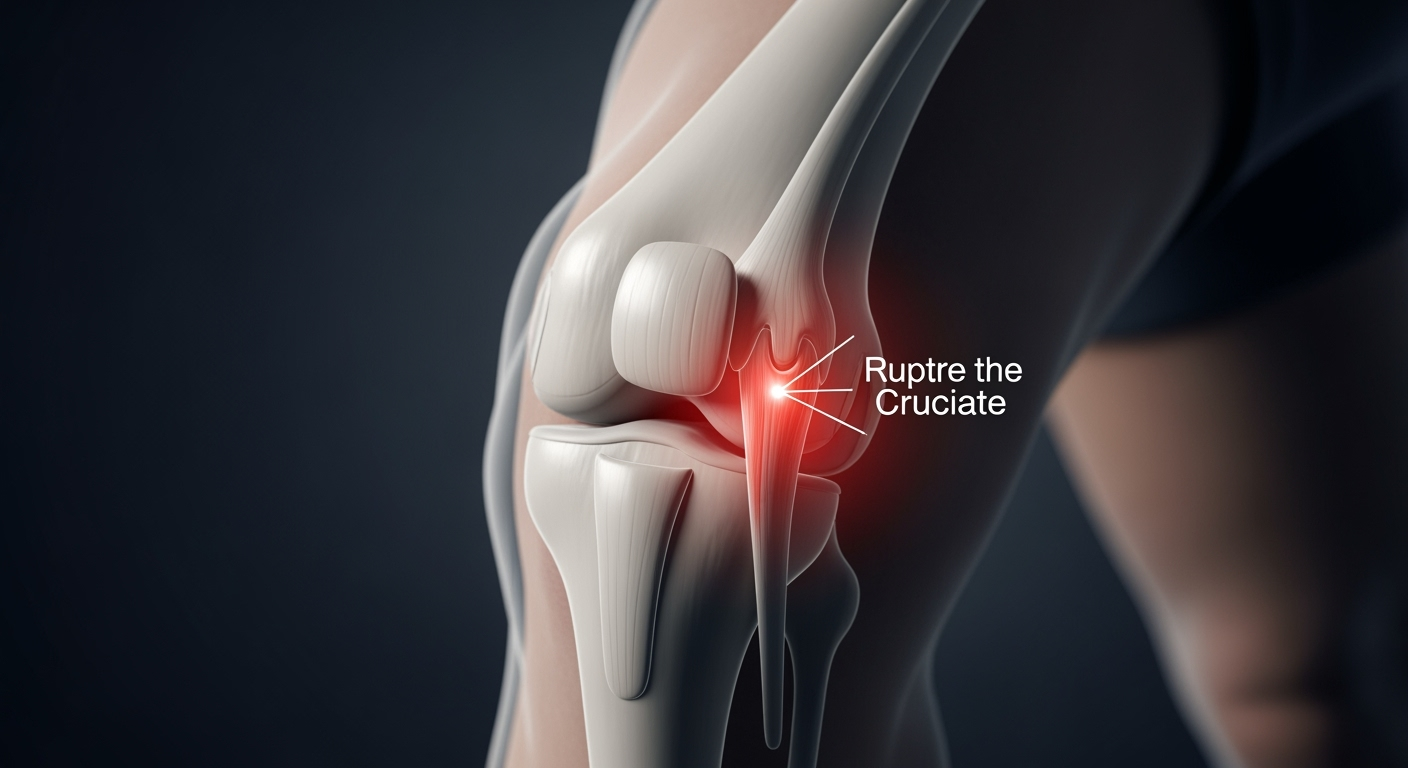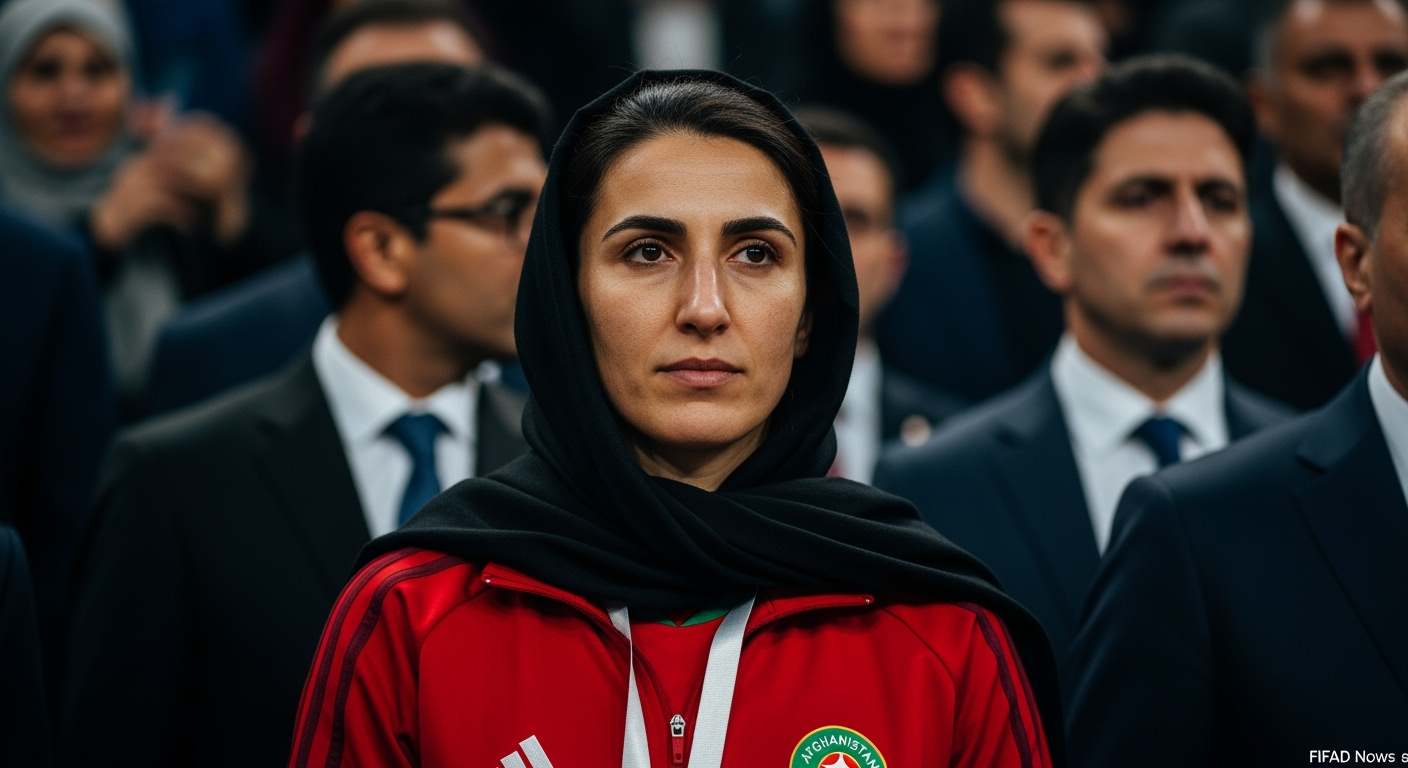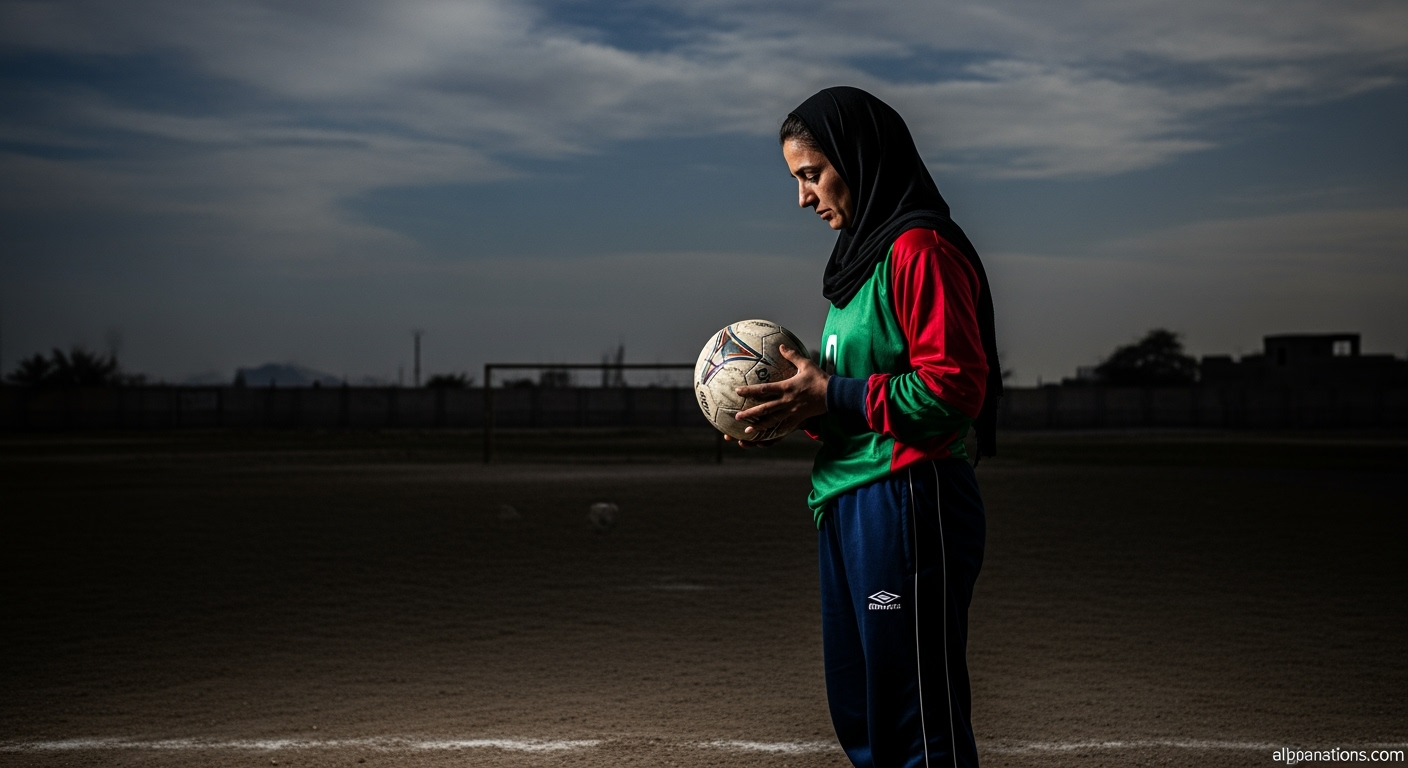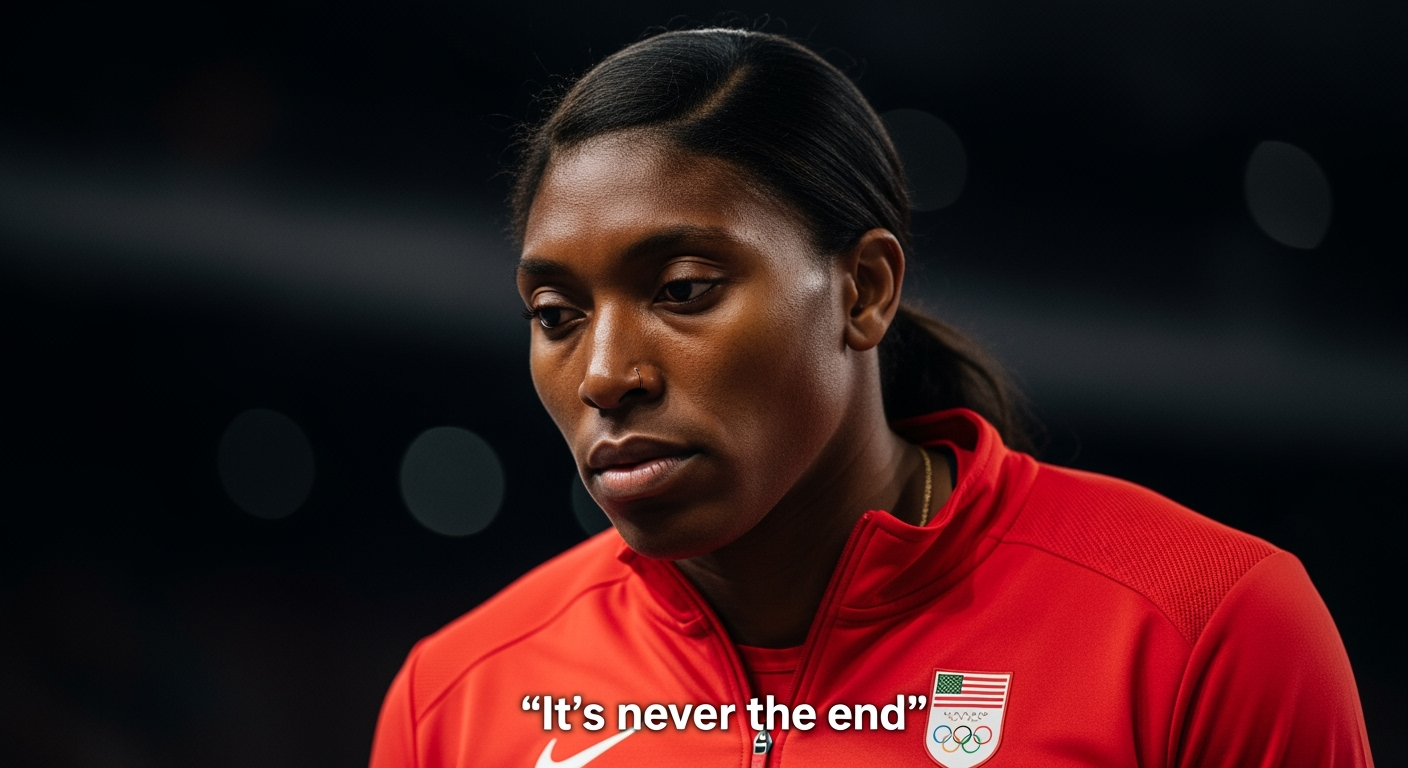Related Articles

The Silent Tear: Unpacking the Impact of Cruciate Ligament Ruptures

Afghan Women's Football Team Forges Historic Path Back to International Arena After Years of Exile





Olympic champion Caster Semenya, a name synonymous with both athletic greatness and a protracted battle for inclusion, continues to embody an unwavering spirit in the face of ongoing challenges. Despite recent reports suggesting the conclusion of her lengthy legal fight against World Athletics' sex eligibility regulations, Semenya herself has asserted, "It's never the end," underscoring her commitment to advocacy even as her competitive career shifts focus. Her journey, marked by numerous gold medals and an equally persistent struggle against sports governance, highlights a complex intersection of biology, human rights, and the very definition of fair play in elite athletics.
Semenya burst onto the international athletics scene with breathtaking speed and dominance. At just 18 years old, she clinched her first World Championships gold medal in the 800 meters in Berlin in 2009. This victory, however, was swiftly followed by intense scrutiny and demands for sex verification tests, marking the beginning of a saga that would shadow her career. Throughout the following decade, Semenya continued to prove her mettle on the track, securing two Olympic gold medals in the 800 meters (London 2012 and Rio 2016) and multiple World Championship titles. Her powerful performances, including a remarkable 30 consecutive victories over 800m at one point, cemented her status as one of the sport's most formidable middle-distance runners.
The crux of the protracted dispute lies in World Athletics' (formerly IAAF) regulations concerning female athletes with Differences of Sex Development (DSD). Semenya, who was assigned female at birth and identifies as a woman, has a DSD condition that results in naturally elevated testosterone levels. World Athletics introduced rules in 2011, and refined them in 2018, requiring female athletes with certain DSDs to medically lower their testosterone levels to a specified threshold if they wished to compete in restricted events ranging from 400 meters to one mile. The rationale behind these regulations, as argued by World Athletics, is to ensure fair and meaningful competition in the female category, positing that naturally high testosterone provides a significant athletic advantage. Semenya, however, vehemently refused to comply with these requirements, citing personal and medical objections to hormone-suppressing medication, leading to her being barred from her signature 800m event since 2019.
This refusal propelled Semenya into a series of high-stakes legal battles. She first challenged the DSD regulations at the Court of Arbitration for Sport (CAS) in 2019, where she ultimately lost her appeal. While the CAS panel acknowledged that the regulations were discriminatory, it upheld them, deeming them a "necessary, reasonable and proportionate" measure to preserve the integrity of women's athletics. Her subsequent appeal to the Swiss Federal Tribunal also proved unsuccessful in 2020. The legal fight then escalated to the European Court of Human Rights (ECtHR). In a significant, albeit partial, victory, the ECtHR ruled in July 2023 that Semenya had not received a fair hearing from the Swiss courts, which had failed to adequately consider her claims of discrimination. This decision was later upheld by the ECtHR's Grand Chamber in July 2025, marking the final stage of those proceedings and indicating procedural failings in the prior legal process.
The regulations have undeniably reshaped Semenya's career. Unable to compete in her dominant 800m, she explored other distances, including the 200m and 5000m, but ultimately did not achieve the qualifying standards for the Olympics in these events. Now 34 years old, Semenya has largely transitioned into coaching and athlete development, a path that many viewed as the de facto end of her competitive running career under the existing rules. Yet, her voice remains powerful, positioning her as a leading advocate for human rights in sports. She has consistently maintained that her fight transcends her individual career, stating, "It's a battle for human rights now." Her memoir, "The Race to Be Myself," further articulates her experiences and steadfast belief in self-acceptance and the right to compete as one is.
Adding a fresh twist to the narrative, conflicting reports emerged in early October 2025 regarding the status of her legal challenge. While her lawyer, Patrick Bracher, initially indicated that the legal challenge had concluded, citing a "highly successful outcome" at the ECtHR and no further appeals would be taken in the circumstances, Semenya herself offered a different perspective. In an interview just days later, she clarified, "It's not about stopping, it's never the end." She suggested a misunderstanding of her legal team's statements, emphasizing that the ongoing evolution of World Athletics' policies necessitates continued vigilance. "World Athletics is constantly changing its policies. With the new policies, we are forever fighting. We want to make sure that athletes are protected," she affirmed. This statement signals her enduring commitment to the broader cause of athletic inclusion and fairness, regardless of the status of her personal appeals. Her case has already influenced World Athletics to introduce even stricter eligibility rules, including genetic sex verification.
Caster Semenya's journey stands as a potent symbol in the ongoing global debate about gender, biology, and human rights within the competitive sporting arena. Her unwavering resolve, from dominating Olympic tracks to challenging international sporting bodies in courts of law, has profoundly influenced discussions on fairness and inclusion for athletes with DSD. As she continues her work in coaching and advocacy, her declaration that "It's never the end" reverberates not just as a personal motto, but as a rallying cry for a more equitable future in sports for generations to come.